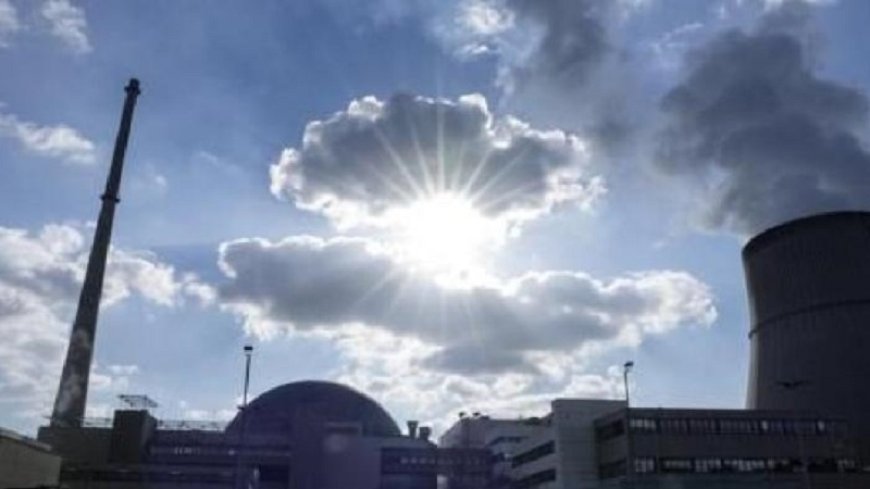Germany shuts down all its nuclear power plants
Germany shuts down all its nuclear power plants

This weekend the last three German nuclear power plants still active will close and Germany will say goodbye to atomic energy decided by then chancellor Angela Merkel in 2011 after the nuclear disaster in Fukushima, Japan. Olaf Scholz's government has rejected requests for a further postponement of the shutdowns of the Emsland, Neckarwestheim and Isar II reactors on Wednesday 12 April, already postponed due to the energy crisis following the Russian invasion of Ukraine (it was initially scheduled for 31 December 2022).
Opposition politicians and even some members of the FDP, the liberal party that is part of the government alliance, wanted to further expand the use of nuclear power plants. «The abandonment of nuclear power by April 15, that is this Saturday, is a fait accompli, said Scholz spokeswoman Christiane Hoffmann. Nuclear power plants produce about 5% of the country's electricity, but Germany is still looking for a place to permanently and almost safely store 2,000 containers of highly radioactive waste for thousands of generations.
Critics argue that the shutdown of nuclear power plants now deprives Germany of a low-emission energy source and requires the country to continue to operate fossil-fuel plants that contribute heavily to climate change. Opposition to nuclear power is always a strong point of the Greens, but the fact that it is replaced with a more polluting source of greenhouse gases threatens the green transition that the environmentalist party wants to complete. This was stated by Beate Baron, spokeswoman for Economy Minister Robert Habeck (and leader of the Greens).
the government wants to phase in the use of hydrogen, which can be produced without greenhouse gas emissions and fueled quickly on days when there is too little sun or wind to produce renewable energy. Climate protection is a particularly thorny issue for the German government: In recent weeks, deep rifts have emerged between social democrats, liberals and environmentalists over environmental policy and the priorities for addressing it. The summary of Anton Hofreiter, former group leader of the German environmental party in the federal parliament, is lapidary: «Scholz's SPD is no longer the natural ally of the Greens»
He said in an interview with Welt am Sonntag published at Easter. This is the real outcome, disastrous for the party of Robert Habeck and Annalena Baerbock, but full of consequences also for European politics, of the Koalitionsausschussil "coalition committee" which lasted thirty hours distributed over three days, the marathon which at the end of March brought together the parties of the German government - social democrats of the SPD, environmentalists of the Greens and liberals of the FDP, the so-called "traffic light alliance" for the colors of the three political forces - to discuss how to continue on some crucial issues after just over a year in power. Officially the coalition committee decided to change the government's climate targets a billion-dollar loan for railway lines and the expansion of 144 highways.













































